- AI
- A
AI from the startup Mercor conducted interviews with 300,000 applicants, and now it is valued at $250 million
Under the leadership of three 21-year-old Thiel Fellows, the AI startup Mercor attracted $32 million from Benchmark, Peter Thiel, and other investors. The startup's revenue is already in the tens of millions, increasing by 50% monthly, and it is profitable.
Disclaimer: this is a free translation of an article by Alex Konrad, which he wrote for Forbes. The translation was prepared by the editorial staff of "Technocracy". To not miss the announcement of new materials, subscribe to "Voice of Technocracy" — we regularly talk about news about AI, LLM, and RAG, as well as share useful must-reads and current events.
You can discuss the pilot or ask a question about LLM here.
In August 2023, a few weeks after finishing their second year at Georgetown University and Harvard Business School, Brendan Foody met with his friends Adarsh Hiremath and Surya Midha to convince them to drop out. In January of that year, the former classmates founded a startup called Mercor, which was supposed to connect engineers from India with companies needing help from freelance developers. In just a few months, they reached a revenue of one million dollars and earned 80 thousand in profit without any external financial support.
When Foodi's presentation ended, Midha turned to Hiremath, his partner with whom they won the national debate championship two years ago, to ask another question: "Hey, dude, how hard can it be?"
For the founders of Mercor, the answer so far seems to be: "Not very hard." Their product, which uses artificial intelligence to screen and interview candidates and then match them to open positions, has conducted over 100,000 interviews and evaluated 300,000 people in less than two years. Now, at just 21 years old, Foodi, Hiremath, and Midha have dropped out of school and become Thiel Fellows, now running a business that continues to generate profits with revenues in the tens of millions and growing at 50% each month.
And their startup, which is only 20 months old, is now valued at $250 million after a $32 million Series A funding round led by Benchmark and the company's new partner Victor Lazarte, who joined Mercor's board of directors. The project has already attracted investments from billionaire investor Peter Thiel, Twitter co-founder Jack Dorsey, and two OpenAI board members, Quora CEO Adam D'Angelo and former Treasury Secretary Larry Summers.
"We were interested in the topic of labor and how talented people around the world are underutilized," explained Foodi, CEO of Mercor. "By using large language models and automating processes related to talent assessment, we can solve the inefficiency problem."
Initially, Mercor provided services for recruiting and placing part-time specialists. But now, under the hood of the product, there is a proprietary large language model, which is based on the latest ready-made solutions from companies such as OpenAI, and is fine-tuned using Mercor's unique data related to the job search process.
Candidates upload their resume and then undergo a 20-minute video interview with Mercor's artificial intelligence. About half of the time is devoted to discussing the candidate's experience, and the remaining time is spent solving a relevant case. After that, the applicant's application is automatically matched with all available vacancies on the Mercor platform. For more specialized positions, a second, more detailed interview with AI may be required.
Mercor promises employers to quickly find qualified candidates who can flexibly expand and contract staff through hourly contracts, part-time and full-time employment. Mercor considers India to be the largest pool of such talents and places the USA in second place.
Roles can also vary, including engineering work and product development, as well as work in design, maintenance, and content creation. Several leading artificial intelligence labs, which Fudi cannot name, have used Mercor to find professional writers and videographers to create additional data. According to the CEO, other employers included companies working in consulting, engineering, finance, and law. Even Mercor itself relied exclusively on these specialists until February of this year, although it now employs 15 people.
Mercor's ability to predict the performance of job applicants, trained based on assessments developed by hiring experts, has already surpassed human recruiters in the startup's tests. According to Fudi, the startup will share its methodology in a scientific paper they will publish in November. Ultimately, Mercor hopes to predict and automate more long-term performance assessments, helping employers track and nurture talent over the long term.
Mercor is not Fudi and Hiremath's first business. Several years before he dropped out of Georgetown, Fudi founded a small business creating websites for startups while attending Bellarmine College Preparatory in San Jose. Hiremath, whom Fudi knew from the school debate team, helped with website development; Midha, a friend of Hiremath from past years, also befriended Fudi and became his roommate at Georgetown.
At the debate competitions, the founders of Mercor spent months studying the arguments of both sides before presenting their counterarguments. These discussions about the labor market, which, according to Midha and Hiremath, sons of Indian immigrants, is particularly unfair in developing countries, inspired them to create Mercor. They used the services of an engineering contractor whom they hired remotely from India.
"It was completely wrong that in hiring and recruitment, half of the candidates were eliminated based on their resumes, lack of prestigious work experience, or certain types of education," says Midha. "Creating a fairer and more objective approach to hiring is the most important tool that can improve the overall quality of life for people."
After spending a month in New York last fall, the founders of Mercor moved to San Francisco to dedicate themselves to the startup full-time. Fudi, the company's CEO, was responsible for product and sales; Midha, the COO, handled operations and corporate contracts; and Hiremath, the CTO, focused on engineering issues and machine learning.
In January, they announced raising $3.6 million in a seed round organized by General Catalyst. And in March, all three received the Peter Thiel Fellowship, which not only gave them $100,000 as a cash prize but also the opportunity to meet other founders and leaders of tech companies who could become their friends and potential clients.
Mercor's profit indicators continued to grow, so the company showed little interest in seeking funding when Victor Lazarte from Benchmark met with Fudi at the end of 2024.
Lazarte's experience in building the gaming startup Wildlife Studios from scratch convinced Fudi to agree to the first meeting. And the offer of a helicopter flight piloted by Midas list investor Peter Fenton secured Benchmark another meeting.
Then former permanent Midas list member Bill Gurley, a semi-retired Uber investor, met with Mercor. At this time, Benchmark successfully fended off attempts by other firms to outpace them in the funding round. (Previously, the founders, based on their debate experience, had at least once refused the valuation offered by venture capitalists.)
"In the venture business, we have many meetings, but sometimes there are meetings that leave an indelible impression," says Lazarte. "I realized that this person (Fudi) is truly unique. And his vision for the company, which is to help people find their ideal job, truly impresses me."
This idea will be harder to convey to people if companies start using Mercor to optimize staff and transition to broader use of outsourcing contractors. There are also concerns that Mercor will contribute to the development of artificial intelligence research labs, which could lead to job losses for other professionals.
However, Benchmark is convinced that Mercor will help people find better jobs, rather than accelerate the process of replacing people with artificial intelligence. According to Lazarte, the system will solve a more complex task - selecting specialists for permanent positions with a fixed salary in the long term.
Mercor faces serious competition in the labor market, especially from the well-funded startup Andela, which recently hired one of Uber's executives as its new CEO. Traditional outsourcing companies may also start using ready-made AI tools to compete.
Another problem is maintaining the interest of both parties in the Mercor platform. As Fudi admitted, the startup deliberately sought candidates for certain vacancies through LinkedIn. However, he insists that most new users come on their own, using resources on the site such as resume feedback and interview training.
According to Fudi, success for Mercor means "building a single global labor market" that can identify the ideal job for each person and provide it to them. Midha expressed his thought more simply: "Giving a job to a billion people is what would really make me happy."
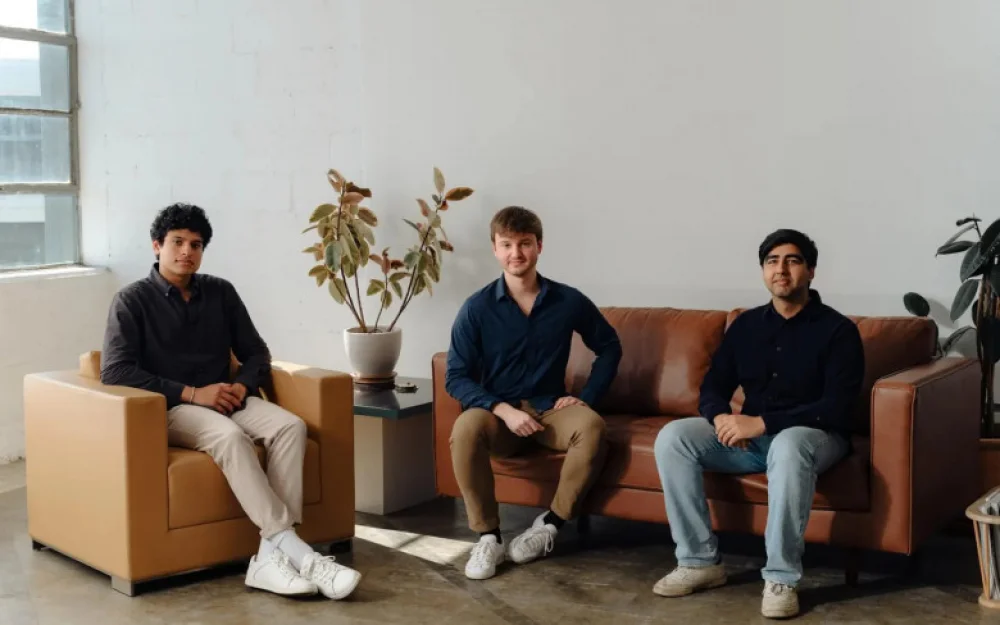

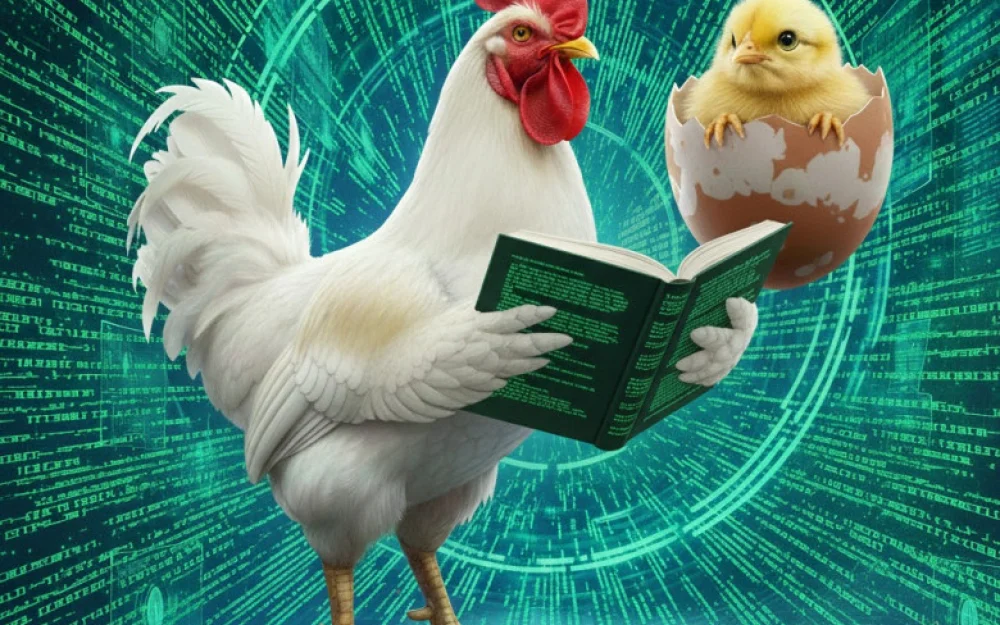

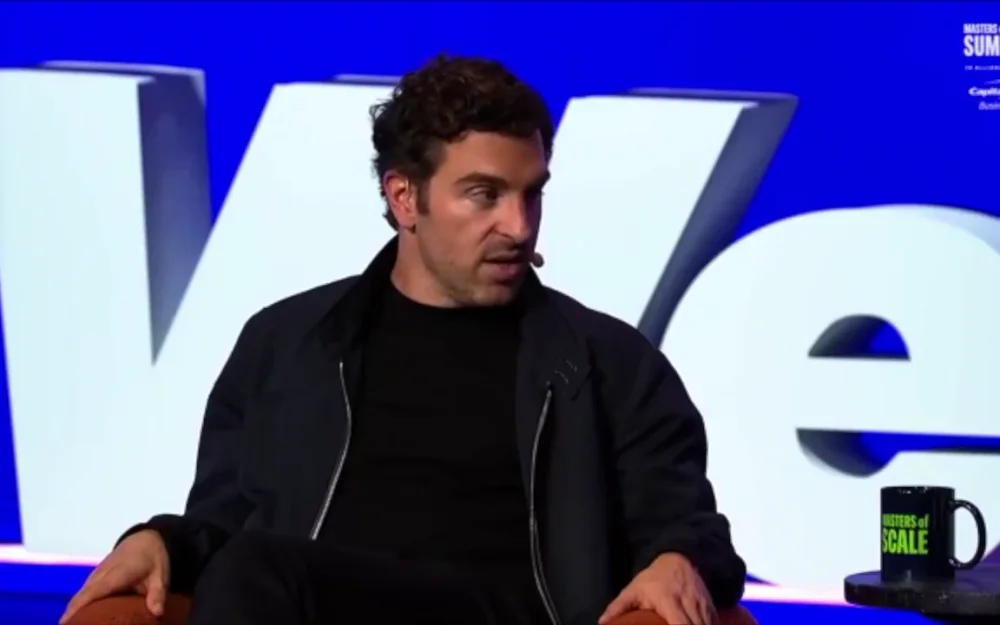


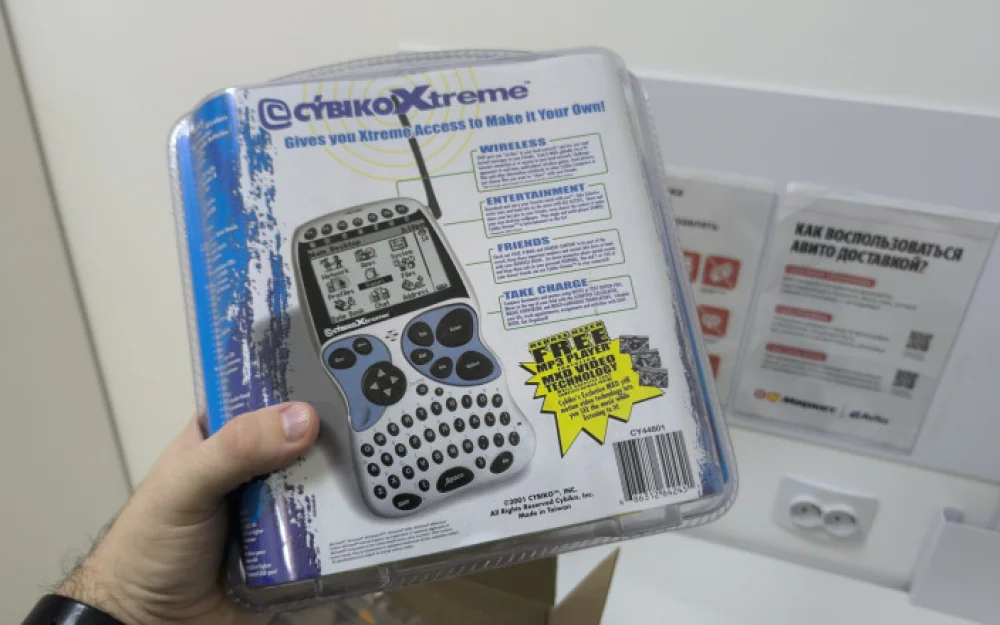
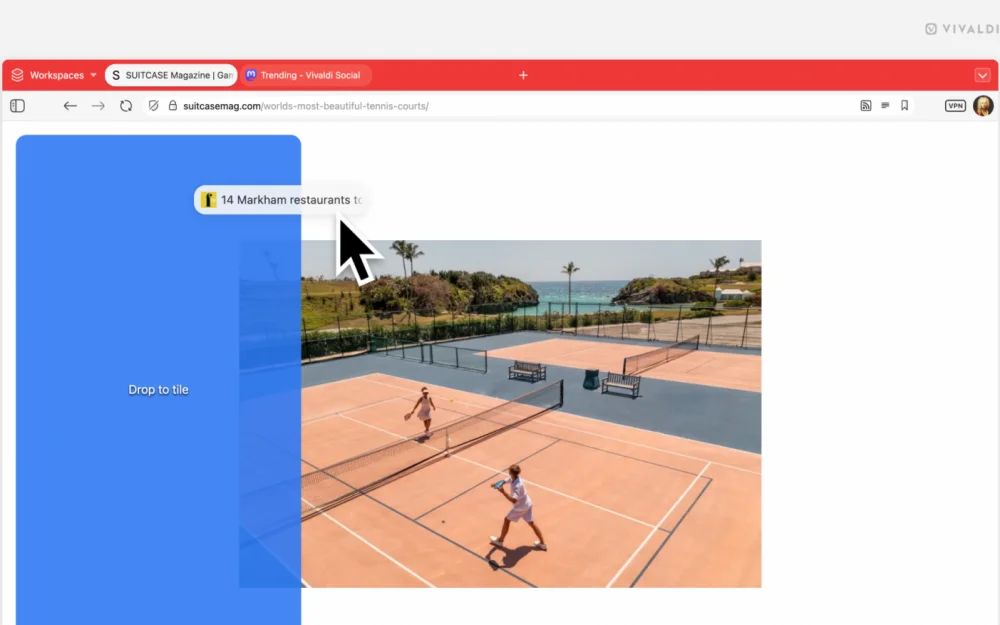
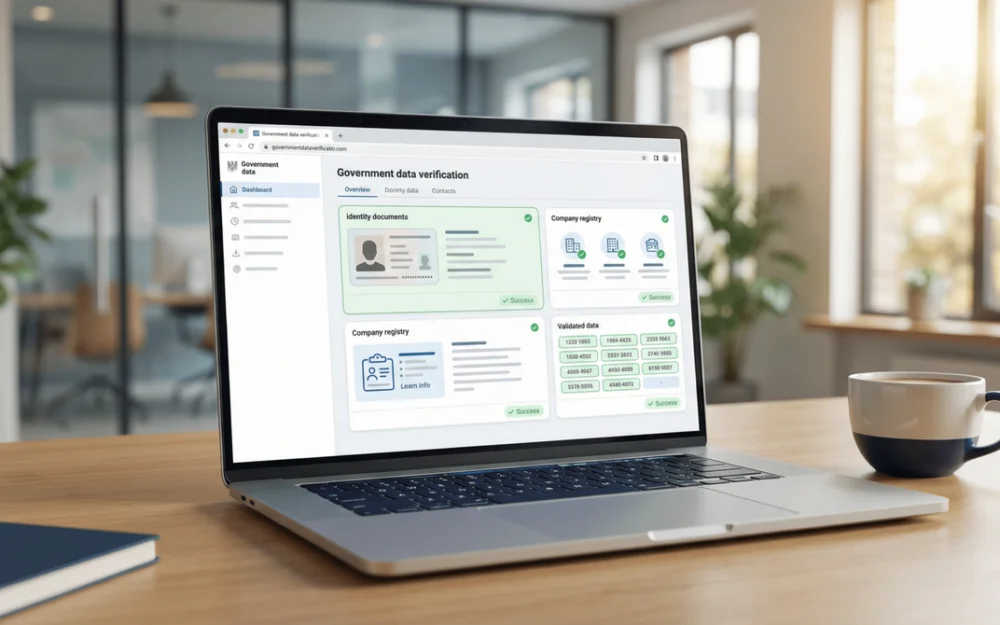
Write comment